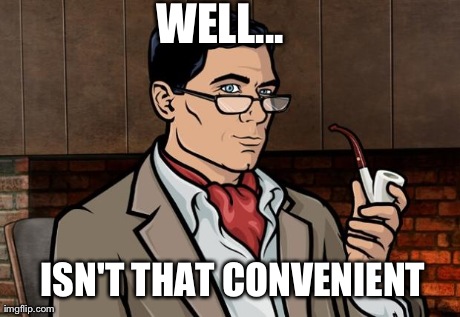Now this is a book I'd read before - I believe I was in high school, though Goodreads gives me a date partway through college. Either way I grown a lot since reading it the first time - I've forgiven what some called a bowdlerization of the original text, but I now believe was a well-intentioned attempt to make the book more suitable for today's young readers. If you have the pressing need to know some of the edits they can be found in many places online - here's one that seems pretty thorough.
Now I haven't read any of the other books in this series, but I may because the best bits of the book were really great. However quite a bit of it seemed 'meh'. The author seems to have suffered from a flaw that I know I have manymanymanymany problems with in my own writing. Consistency. Characters are brought on the titular voyage only to not be mentioned at all for chapter after chapter. Things are brought up as seemingly important bits of plot and then NEVER MENTIONED AGAIN. The Law of Chekhov's Gun people, try to follow it!
Another tiny issue that I had was the fact that the text generally refers to Doctor Dolittle simply as 'The Doctor'. If you are a fellow Whovian you can probably understand how this messed with me. It also insulted vets... which means it insulted James Herriot, and that is basically unforgivable. But along with James Herriot it insulted he friend and co-worker, Tristan, who was portrayed on TV by Peter Davison.
Who happened to be The Doctor... so we've come full circle.
"... I often wonder if she remained happy in Africa, and whether I shall ever see her funny old solemn face again. Good old Polynesia! A most extraordinary bird - well, well!"
Just at that moment we heard the noise of someone running behind us and, turning around, we saw Jip, the dog, rushing down the road after us as fast as his legs could bring him. He seemed very excited about something, and as soon as he came up to us he started barking and whining to the Doctor in a peculiar way. Then the Doctor, too, seemed to get all worked up and began talking and making queer signs to the dog.
At length he turned to me, his face shining with happiness. "Polynesia has come back!" he cried. "Imagine it! Jip says she has just arrived at the house. My! And it's been five years since I saw her..."
Sadly, I think that even with the edits this books age shows very clearly. Doctor Dolittle believes he is the only hope for a tribe living on a remote island. Polynesia points out they were doing fine before he arrived and they will do just fine without him. (Though quite a few of her previous remarks weren't so kind.) There are some other odd things, especially concerning Bumpo, that mean that the child who reads this should be well versed in reading a book in the context in which it was written. But I maintain that the editor did right with the changes, after all this is for children. If you asked my opinion about editing The Adventures of Huckleberry Finn I'd let you know that I'm against it, because it is meant for readers that ought to have a familiarity with race relations through history.
A disconcerting footnote...
Did this book, one that I was angry with for being 'censored', one that I hardly cared about anyway, inspire one of the characters in the book I'm writing? It really depends on when I first read it, but surely the odd coinkydinks would have been noteworthy if I had already written the character... Polynesia is a sassy, kinda bossy, very smart, and outrageously old parrot. There is a minor character, a beautiful bird named Miranda (which seems like an odd name for a Brazilian bird).
My novel contains a sassy, kinda bossy, very smart, and outrageously old parrot named... Miranda (whom I outfitted with the name after going through a yearbook until something felt right...).





No comments:
Post a Comment